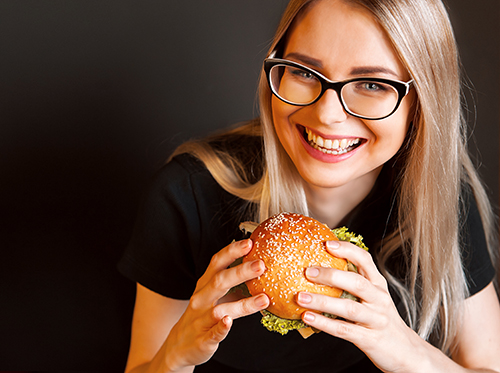Which mouthwash should you use?
August 17th, 2017

Although using mouthwash is certainly not the equal of brushing and flossing, it does have benefits for your dental hygiene. If you use mouthwash regularly, you should find out which type is best suited for your needs. Here are some things to think about the next time you’re at the store.
The first item to weigh is why you want to use mouthwash. If the reason involves a high risk for cavities, you should focus on a mouthwash that contains fluoride. Make sure to double-check the label, because some mouthwashes do not necessarily include fluoride.
If you’re looking for a mouthwash to fight gingivitis, select an oral rinse with antibacterial properties. Make sure to read labels and avoid picking one that contains alcohol. Antibacterial mouthwash would also be best for a patient who has periodontal disease.
Another option is prescription mouthwash. These should be discussed with Dr. Neil Oliveira and Dr. Derek Wolkowicz and/or your pharmacist in order to avoid negative side effects. Pay close attention to the directions regarding how much to use and for how long. Keep in mind that some brands may lose their effectiveness if you use them on an ongoing basis.
For children, you can find a mouthwash that changes the color of plaque on their teeth. This is a fun way to help them understand how well they are brushing, and what areas they need to focus on. It can even be a tool for adults who have trouble reaching certain areas of their mouth.
While mouthwash is generally considered as a safe means to improve your oral health, you need to keep certain things in mind. Avoid using any mouthwash that has alcohol in it. If you are using a strong one, it can reduce your sense of taste over time. Be wary of a mouthwash that claims it can loosen plaque; this is not accurate and can mislead consumers.
We hope these simple suggestions will help you the next time you’re at the store. Make sure you pick the right mouthwash to keep that healthy smile! Feel free to contact Dr. Neil Oliveira and Dr. Derek Wolkowicz at our New Bedford or Mattapoisett, MA with any questions you may have.



